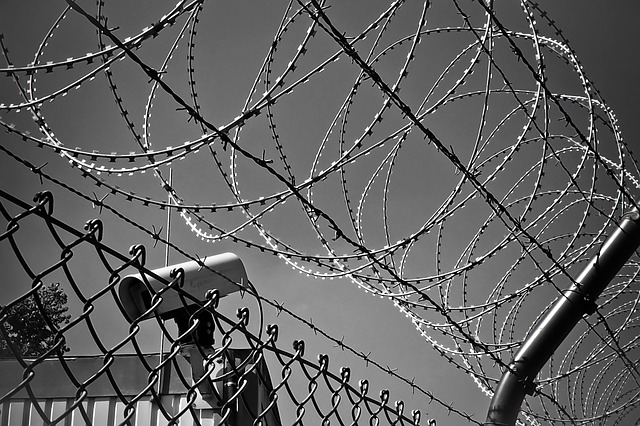The EU leaders agreed in June 2018 to set up migration centres in Africa. The decision brings more problems than hope that the migration crisis facing Europe would be solved.
The EU officials agreed on creating controlled migration centres in North Africa where refugee claims would be processed before migrants could enter Europe. Only those eligible for refugee status would be allowed to go to Europe while others would be returned to their home countries. While the official argument is that the number of deaths of illegal migrants in the Mediterranean Sea would be reduced and the returns of rejected asylum seekers would be easier, human rights organizations (such as UNHCR and Amnesty International) claim that the decision puts migrants’ basic rights at risk. Human rights advocates fear that migration centres would become detention hubs for many migrants, especially for those whose asylum claims are rejected. They also fear that the centres would lack basic medical and security facilities. Migrants are in a vulnerable position so they need special medical support and secured accommodation. Migrants can be easily exploited and their rights violated when medical and security facilities are poor.
Legal options for migration from Africa to Europe are scarce which is why migrants have to choose dangerous routes to enter Europe. In recent years, the route from Libya to Italy has been the most deathly. The EU has tried to break irregular migration routes, unsuccessfully. In effect, thousands of migrants have drowned, human trafficking business has risen and hundreds of migrants have gone missing. Illegal migrants are now populating the coastal towns of Spain, France, Italy, Greece and Malta. The pressure is on the EU to act to stop uncontrolled migration.
However, the decision to establish migration centres to Africa shows that the EU officials lack knowledge of how migration works. Migration routes change constantly, and migrants adapt to stricter policies and border controls by creating new routes to Europe. New routes will, in fact, be even more dangerous than the already existing ones.
Moreover, neither the EU nor countries in North Africa have the capacity to build centres big enough to host all the migrants that want to take the dangerous journey to Europe. It is already estimated that migration from Africa to Europe will increase due to the population growth in Sub-Saharan countries where living conditions are poor. In last few years very few EU member states – especially in Central Europe – have shown interest in relocating refugees currently living in overcrowded refugee camps in Greece and Italy. There is a risk that migration centres in Africa could become overcrowded and that migrants would be forced to stay at the centres for very long time.
The fundamental question is who would organise and control these migration centres? While the EU claims that its goal is to create secured migration centres, it is unclear who would be able to provide security to the migrants in these centres. In the detention centres already in place people lack the basic facilities, face violence and are exposed to torture. Migration centres might end up as dangerous for the migrants as the uncontrolled migration routes. For this reason, the migration centres will increase illegal migration and boost up human trafficking business. Creating migration centres can only work as a short-term solution for migration control. Migration will not end even if migrants are forced to stay in migration centres.
While the EU decided some years ago to make legal migration one of the pillars of a successful migration policy, recent decisions show that it is more interested in controlling its borders and limiting migration flows than creating legal mechanisms for migration. There certainly is no quick fix for the massive migration from Africa to Europe. The EU should concentrate on making better mechanisms for legal migration and remember that its ultimate goal should be saving lives. The EU should make the administrative processes easier, strengthen migrant’s rights in the destination countries and facilitate family reunification. Better mechanisms for legal migration are important because the lack of legal channels for migration increase irregular migration.
1 comment













1 Comment
Hoe de facto refoulement verkocht wordt als een oplossing voor de vluchtelingencrisis – Versvak
24/11/2019, 7:03 pm[…] en kinderarbeid in Libanon en slavenhandel in Libië. Door het sluiten van grenzen en het ‘outsourcen’ van opvang naar regionale transit- en gastlanden wordt de vluchtelingenproblematiek verplaatst. […]
REPLY